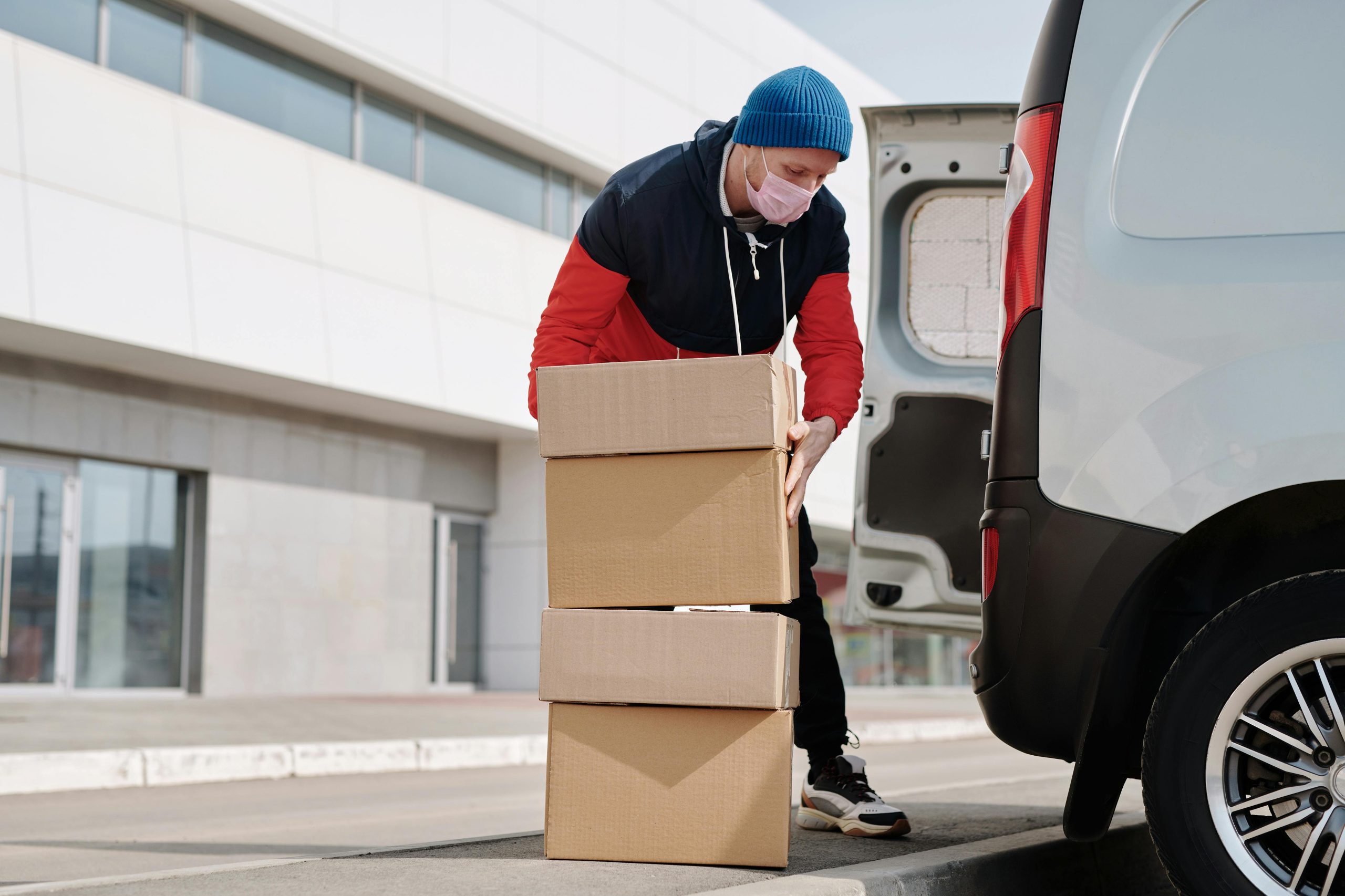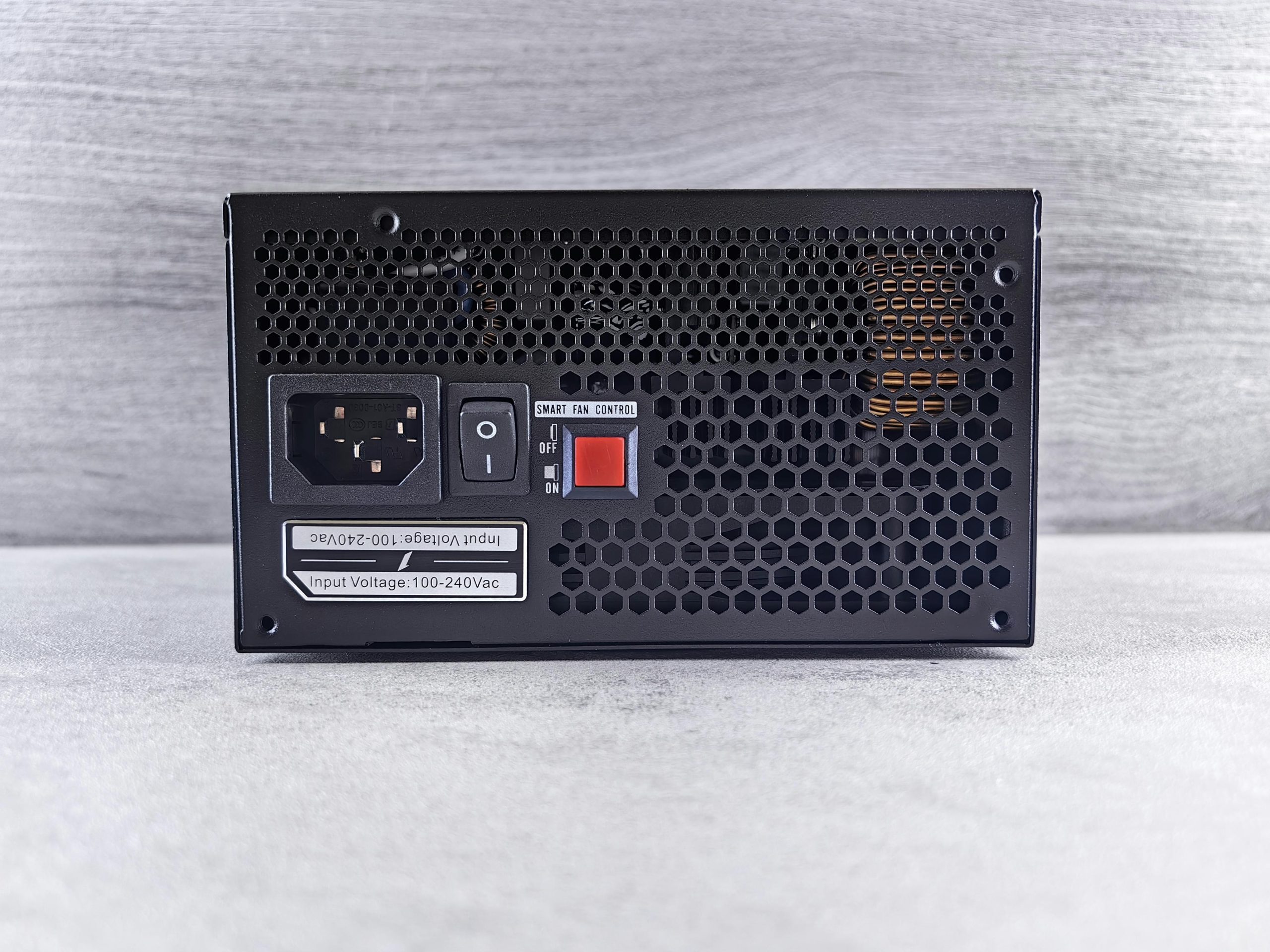Handling a Vehicle Accident with an Uninsured, Unlicensed Driver: Essential Steps and Advice
Discovering that you’ve been rear-ended by an unlicensed, uninsured driver can be a stressful experience, especially when the damage appears minimal but the situation raises important legal and insurance questions. If you’re navigating this scenario, understanding your options is crucial to protect your interests and ensure proper resolution. Here’s a comprehensive guide to help you handle such cases effectively.
Scenario Overview
Recently, I was involved in a minor rear-end collision inflicted by a driver who lacked both a license and insurance. The incident occurred on a Saturday, resulting in only a scratched rear bumper. The at-fault driver has no valid identification other than a license plate and has expressed interest in settling the matter privately, without involving insurance carriers.
Evidence in Your Possession
- A video capturing the incident, including the license plate, driver, and passenger
- Photos depicting the vehicle damages
- Contact information of the driver, along with the passenger’s ID
However, vehicle repair shops are closed today, so obtaining an official repair estimate will have to wait until they reopen.
Key Concerns and Considerations
- Claim Submission Deadlines and Private Settlement Timing
While you plan to get repair quotes on Monday, it’s essential to understand insurance claim timelines. Generally, insurance companies require claims to be filed within a certain period—often within 24 to 72 hours after the incident. Contact your insurer, GEICO in this case, to notify them about the accident as early as possible. Inform them that you are considering a private settlement and inquire whether notifying them now would automatically initiate a claim or if it can be done without affecting your policy.
- Collision Deductible Waiver for Uninsured Drivers
Some insurers offer a deductible waiver if the at-fault driver is uninsured and cannot cover damages. Confirm with GEICO whether your policy includes this benefit. This can save you from paying your collision deductible out of pocket, especially since the liable party is uninsured.
- Impact on Insurance Premiums
Even if you are not at fault, insurance records often reflect the incident. While establishing fault at the scene might be pending, comprehensive evidence (such as video and photos) supports your position. It’s important to ask your insurer whether this incident will impact your future premiums, particularly if the claim is filed or reported.
Best Practices Moving Forward
- Notify Your Insurance Company Promptly: Regardless



